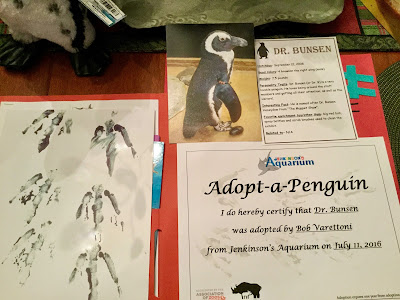It ended with a howl!
What Have You Learned from the Study of Other Languages?
I studied Classical Latin, taught by “Father Bone Ass”
at a Catholic university called “Our Lady of the Lake” in French.
My professor was also my dormitory’s rector
charged with the enforcement of “parietals,”
which has nothing, and everything, to do with biology.
His name was literally “Banas,” a common word root for “being unbearable”
in the Tagalog dialect in the Filipino language.
Not quite “unbearable,” either.
“Banas” is a mix of sweltering humidity and annoyance
specific to the Austronesian climate.
Father Banas had a dry sense of humor.
He of course knew his crude, banal nickname,
although “Bone Ass” is untranslatable in Tagalog.
My professor bore our boorishness with a patient smile.
He taught Catullus, a poet who is untranslatable in English.
Which Father Banas also, of course, knew to be true.
We struggled in translation.
As an inside joke, he gave our class advice from a modern poet.
Yevgeny Yevtushenko had said that translations are like women:
The more beautiful they are, the less true.
Or Russian words to that effect.
What I heard in English studying Classical Latin inspired a love of poetry,
the way Yevtushenko inspired a generation of young Russians
in their fight against Stalinism during the Cold War.
I am not a fighter, or a lover.
I am an observer.
I watched as Catullus’ poems for Lesbia
sank deeper and deeper into perversity.
The poet had no Latin words for the passion he sought to express.
“Odi et amo” encapsulated a messy entanglement of obsession and desire,
of love that strains against calcification in verse.
Of “love” only poets can begin to untangle.
And then I wondered, what is “perverse”?
I was born and raised in New Jersey,
on land the Dutch stole from the Lenni Lenape
and named after the Delaware Indian word
meaning “between the mountains and the water.”
Once Father Banas sat at my breakfast table
when he saw I was eating alone in a campus dining hall.
He was always kind, and he knew I was homesick,
alone on the shores of St. Mary’s Lake,
missing my life between the mountains and the waters.
He told me he missed his brother, a missionary in Bangladesh, “The Land of Bengal.”
The Indo-Aryan suffix “Desh” derives from the Sanskrit word for “land,”
now combined with a geographical, ethnolinguistic and cultural term
referring to the eastern part of the Indian subcontinent at the apex of the Bay of Bengal.
We spoke of aurochs and angels, the secret of durable pigments, prophetic sonnets.
We conspired, “breathing together” about the refuge of art.
I last saw Father Banas at his funeral at the grand basilica on the shores of the lake.
A “basilica” is not a “cathedral,” but a church accorded special privileges by the pope.
It houses an “ombrellino,” a silk canopy striped in papal colors of yellow and red,
and a “tintinnabulum,” a bell atop the pole carried in procession on special occasions,
and somewhere within, a basilica also displays the crossed keys symbolic of St. Peter.
The funeral of Father Banas, like the future pluperfect of my own,
was not a special occasion, save for the procession of his brother priests.
I remember the reading from the Book of Wisdom:
how the souls of the departed darted about
as sparks through stubble,
And how we the living… every one of us, even the poets…
raised our voices in formulaic prayer,
professing the word “thy” three times during the “Our Father,”
invoking the ineffable power of intercession
that “your” does not possess in modern English.
This is how I learned that everything simple is complicated.
Words are translations of nuances we universalize and neuter.
Forgive me the length of this poem.
I considered all these words carefully, today,
alone at my breakfast table:
in homage to the hallowed life of Father Banas,
in praise of the trespasses of Catullus.
--Bob Varettoni, 4/30/23
---------
PS- The photo of Paterson behind Talena on top of this page is a sight that inspired another poem I once wrote... "Scenic Overlook."




















